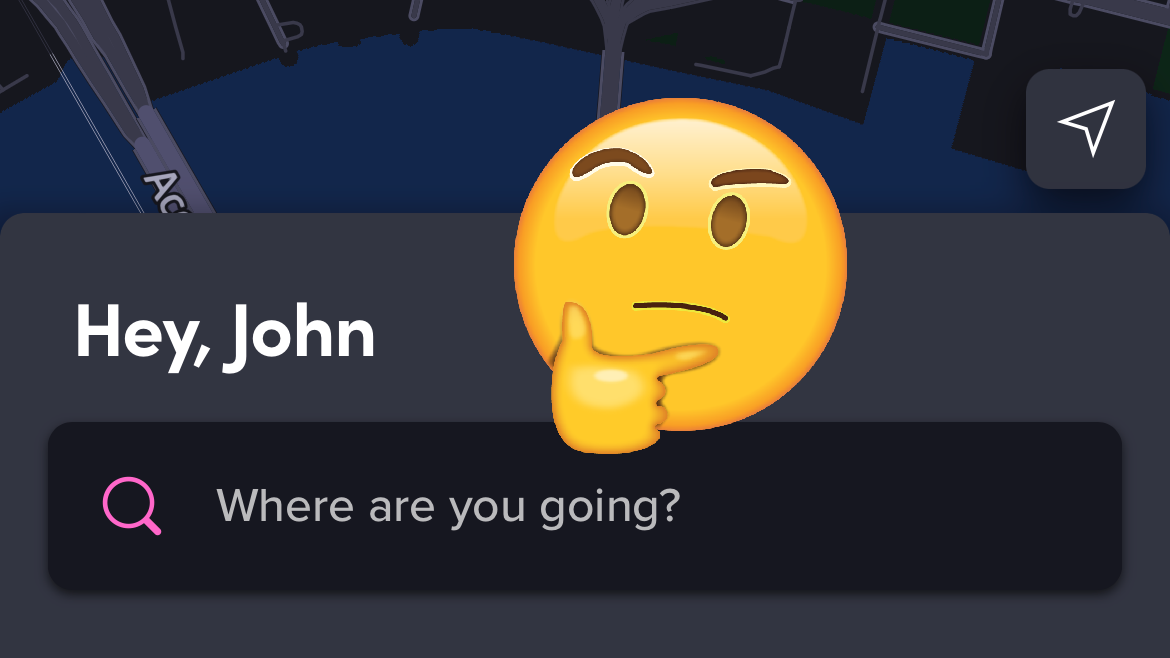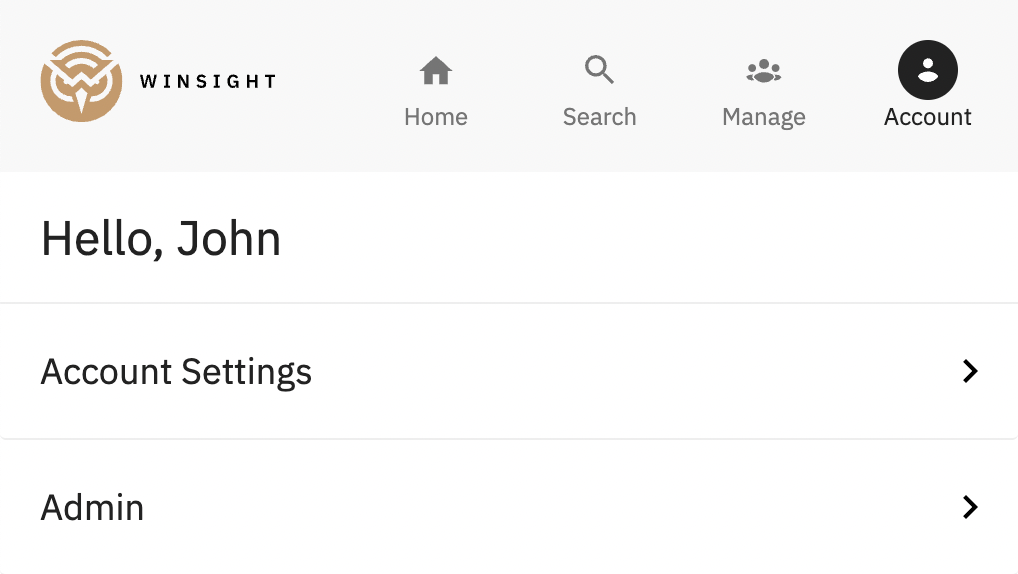How My Double Name Made Me a Better SWE
The importance of inclusive design in technology
-
-
It's not uncommon for me to come across software products that refer to my name as "John" instead of "John Wright". Personally this has never bothered me a ton. It's not like "John" is wrong, it's technically my legal first name. But since I go by a double name, and that's what all my family and friends call me, seeing just "John" online doesn't feel right.
To me, this seems like an understandable mistake, but to others, it might be a significant impact on the overall user experience. Imagine logging into an app that's trying to show a friendly greeting yet does the opposite with showing the wrong name - it's a jarring and off-putting experience.
As someone who has worked in the tech industry, I've learned that mistakes like this aren't always intentional. In fact, I've made the same mistake myself while coding. While building a website's account panel, I parsed first names naively with fullName.split(" ")[0]. However, this approach completely overlooked individuals like myself with double first names. How could I have forgotten about myself!

It's humbling for sure. It's easy to overlook edge cases (even when you're the edge case!), especially when you're working on a tight deadline or dealing with a large codebase. However, as I've learned from my own mistakes, it's important to pay attention to these details and make sure that our software is accessible to all users, regardless of their names or other unique characteristics.
Of course, this is easier said than done. Even big companies with plenty of funding and resources can still make mistakes like this. And it's not just a problem with double names - there are countless other ways in which software can exclude or alienate certain groups of users. As software engineers, it's our responsibility to be aware of these issues and make sure that our products are inclusive and user-friendly for everyone.
By botching my own name, I've been taught two lessons as I continue to develop as a software engineer.
Takeaway 1: Outcomes Over Intentions
As software engineers, we often have the best of intentions when creating software for our users. We want to make it easy to use, reliable, and provide value. However, it's important to remember that the outcome of our software is what matters most to the user. They may not be aware of our intentions, and even if our intentions were pure, a negative outcome can still lead to dissatisfaction and potentially drive users away from our product.
It's easy to fall into the trap of thinking that as long as our intentions are good, the outcome will be good as well. But this isn't always the case. In the case of my name parsing code, I had no intention of excluding people with double first names. It simply didn't occur to me that this was a possibility. This is a common issue in software engineering, and it's important to be aware of it. By considering all use cases and edge cases, we can help mitigate the risk of creating negative outcomes for our users.
Takeaway 2: Small Tech Mistakes Can Have Big UX Impact
As software engineers, it's easy to get caught up in the technical aspects of our work and forget about the human element. However, the way that users interact with our software has a huge impact on their overall experience. Small details, like correctly parsing someone's name, can make a big difference in how users feel about our products.
It's important to remember that as software engineers, we are not just writing code, we are helping people. It's crucial to take the time to consider all potential user groups and how they will interact with our software. Inclusivity is more than just a buzzword or a legal requirement for accessibility; it's about creating a positive experience for as many people as possible. When we pay attention to the human element of our work, we can create software that is truly helpful and enjoyable for all users.
Conclusion
As I learned from my own mistake of accidentally parsing my own name incorrectly, the impact of software engineering extends beyond just writing code. It's about creating technology that is accessible and inclusive for all users. By paying attention to the real world implications of our work and considering all use cases, we can create technology that truly makes a difference and enhances people's lives.